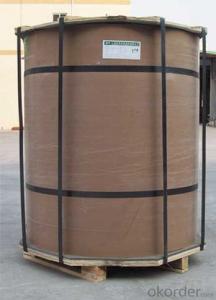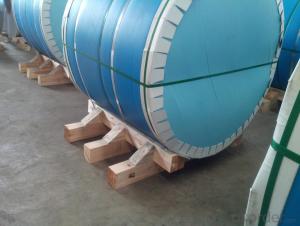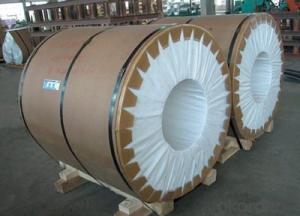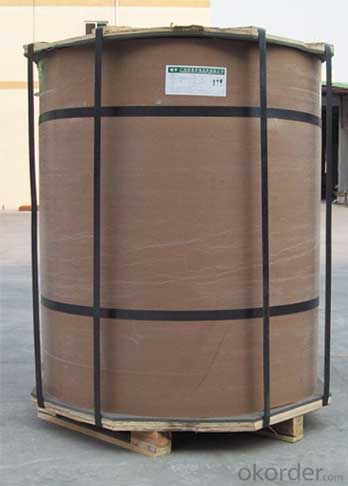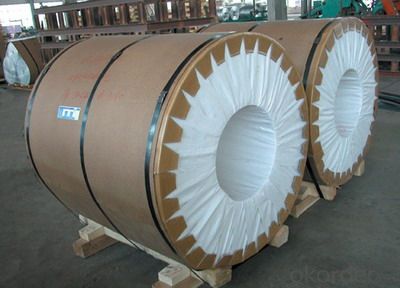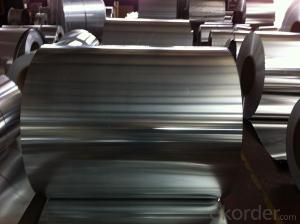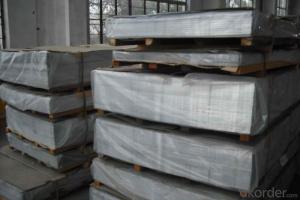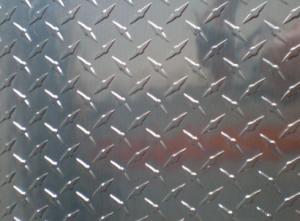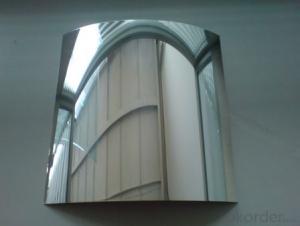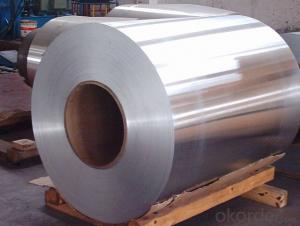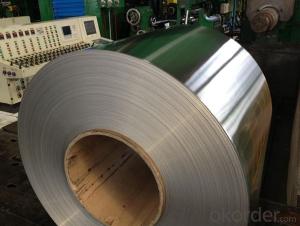6061 Aluminum Sheets - Mill Finished Aluminum Coils for Construction House
- Loading Port:
- Shanghai
- Payment Terms:
- TT OR LC
- Min Order Qty:
- 5 m.t.
- Supply Capability:
- 5000 m.t./month
OKorder Service Pledge
OKorder Financial Service
You Might Also Like
Specification
1.Structure of Mill Finished Aluminium Coils for Contruction House
DC Aluminium Strip in Coil is one semi-finished aluminium material. This strip can be rolled down to aluminium coil,sheet,circle ect. The alloy AA1050 is widly used in building, industry ect. Its weight is much lower than steel. So many customers choosed aluminium material instead of steel.
2. Main features of Mill Finished Aluminium Coils for Contruction House
a.Competitive price---We have our own mills and can produce mill finished aluminium coils, so we can control the production cost better.
b.Professional after-sale service---We have more than 15 years exportation experience and you need not worry about the exporation problems.
c.Fast delivery time---We can control the delivery time within 35 days.
3. Image of Mill Finished Aluminium Coils for Contruction House
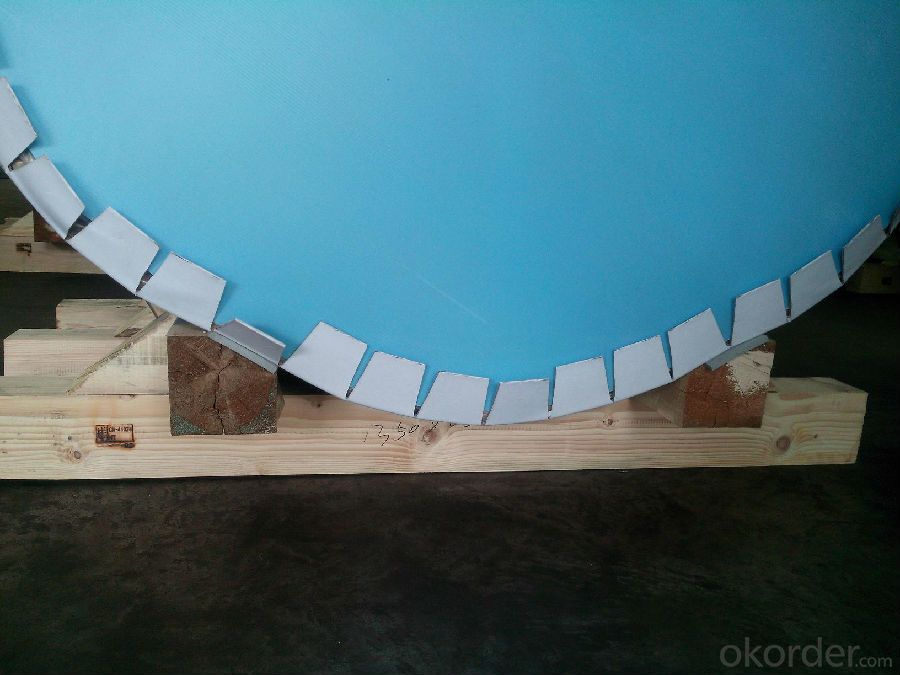
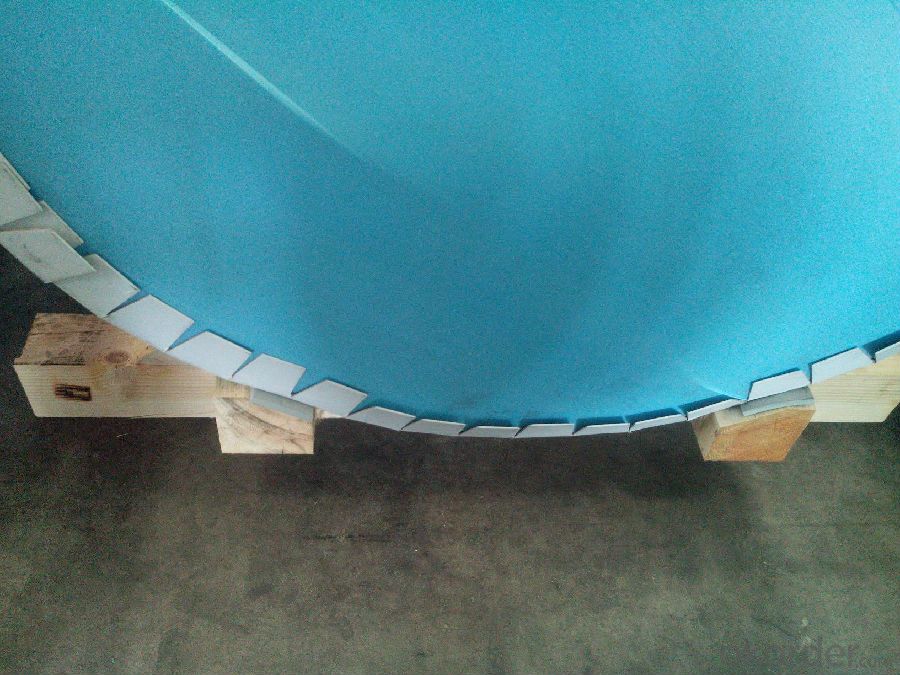
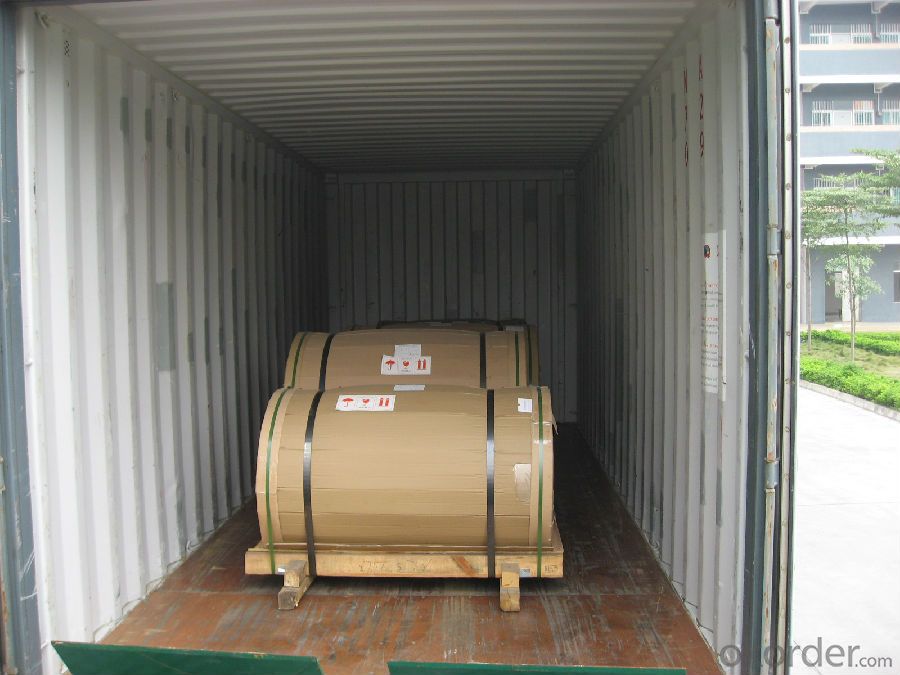
4. Product Specification of Mill Finished Aluminium Coils for Contruction House
| Alloy | Temper | Thickness | Width | Coil Weight |
| AA1100 | H18 | 0.2MM-3MM | 1000MM-1800MM | 2 TONS-5TONS |
5.FAQ of Mill Finished Aluminium Coils for Contruction House
What is the quality standard?
---Usually our standard is GB3880-2006
What is the largest width?
---It is 2300mm
What is the MOQ?
---Usually we can accept 80 tons.
- Q: Are the aluminum sheets suitable for welding?
- Yes, aluminum sheets are suitable for welding. Aluminum is a popular material for welding due to its lightweight, high strength-to-weight ratio, and corrosion resistance. However, it is important to note that welding aluminum requires specific techniques and considerations compared to other metals. Aluminum has a low melting point and high thermal conductivity, which makes it more challenging to weld compared to steel or other metals. Specialized welding processes, such as Tungsten Inert Gas (TIG) welding or Metal Inert Gas (MIG) welding with a spool gun, are commonly used for aluminum welding. Additionally, proper cleaning and preparation of the aluminum surface, as well as the use of appropriate filler materials, are crucial for achieving strong and durable welds. Overall, with the right equipment, techniques, and expertise, aluminum sheets can be successfully welded to create various structures and components.
- Q: The which temperature the aluminum evaporates in vacuum?
- Aluminum boils at 2519 °C (4566 °F) at normal pressure. In a vacuum, it might boil (a little) at 808 °C, but actually this is better known as subliming.
- Q: How do aluminum sheets perform in terms of wear resistance?
- Aluminum sheets generally offer good wear resistance due to their inherent properties and surface characteristics. Aluminum is a lightweight yet durable material that exhibits a high strength-to-weight ratio, making it suitable for various applications where wear resistance is required. The wear resistance of aluminum sheets can be further enhanced through various methods such as alloying, heat treatment, and surface treatments. Alloying elements like copper, magnesium, or zinc can be added to aluminum to improve its hardness and wear resistance. Heat treatment processes like precipitation hardening can also increase the strength and wear resistance of aluminum sheets. Furthermore, surface treatments such as anodizing or applying protective coatings can significantly enhance the wear resistance of aluminum sheets. Anodizing forms a protective oxide layer on the surface of aluminum, providing increased resistance to abrasion, corrosion, and wear. Coatings like powder coatings or paint can also provide an additional layer of protection against wear and tear. In terms of specific applications, aluminum sheets are commonly used in industries such as automotive, aerospace, construction, and marine due to their excellent wear resistance. They are utilized in components that experience sliding, rubbing, or impact, such as panels, body parts, and structural elements. Overall, while aluminum sheets may not possess the same level of wear resistance as certain steel alloys or other specialized materials, they offer a good balance between strength, weight, and wear resistance. With appropriate alloying, heat treatment, and surface treatments, aluminum sheets can provide satisfactory wear resistance in a wide range of applications.
- Q: What are aluminum sheets used for?
- Due to their unique properties and versatility, aluminum sheets find a wide range of uses. In the construction industry, they are commonly employed for roofing, siding, and cladding, thanks to their lightweight nature, corrosion resistance, and durability. These qualities make them ideal for such purposes. In the transportation industry, aluminum sheets are widely utilized in the manufacturing of automobiles, trains, and aircraft due to their high strength-to-weight ratio. They also serve as a lightweight yet sturdy solution for trailers, truck bodies, and shipping containers. Another significant application of aluminum sheets lies in the manufacturing of consumer products. They are used to make household appliances, cookware, and electronics, as they possess excellent thermal conductivity and resistance to rust and corrosion. Additionally, their ability to withstand various weather conditions makes them suitable for the production of signage, billboards, and displays. In the packaging industry, aluminum sheets play a crucial role in the production of cans, foils, and lids. Their impermeability to light, moisture, and oxygen helps preserve the freshness and quality of food and beverages. Moreover, aluminum sheets have various industrial applications. They are utilized in the fabrication of industrial machinery, equipment, and tools due to their excellent machinability and strength. Additionally, their thermal and electrical conductivity makes them suitable for the production of heat exchangers, solar panels, and electrical conductors. In summary, aluminum sheets find application in construction, transportation, consumer products, packaging, and various industrial sectors, owing to their lightweight, corrosion resistance, durability, thermal conductivity, and electrical conductivity.
- Q: What are aluminum sheets made of?
- Pure aluminum or aluminum alloy is typically used to make aluminum sheets. Aluminum alloy is a mixture of aluminum and other elements like copper, magnesium, or zinc. The composition of the alloy varies depending on the intended use and desired properties of the sheet. Pure aluminum sheets are softer and easier to shape, while alloyed aluminum sheets provide greater strength, durability, and resistance to corrosion. To produce the sheets, a rolling process is employed, where a large block or ingot of aluminum is passed through rollers to decrease its thickness and form the desired size of the sheet.
- Q: How does the thickness tolerance of aluminum sheet affect its usability?
- The thickness tolerance of aluminum sheet plays a significant role in determining its usability. The thickness tolerance refers to the acceptable deviation from the specified thickness of the sheet. It is typically expressed as a range or a plus/minus value. A tighter thickness tolerance ensures that the aluminum sheet meets the desired specifications consistently. This is crucial for applications where precise dimensions are required, such as in aerospace, automotive, and construction industries. In these applications, even a slight deviation in thickness can negatively impact the performance and functionality of the product. For instance, in aircraft manufacturing, the thickness tolerance of aluminum sheets used for structural components is highly critical. A thin sheet might compromise the structural integrity, while a thicker sheet could lead to excess weight, affecting fuel efficiency. Similarly, in the automotive industry, precise thickness tolerance is essential for ensuring compatibility and fitment of various components. On the other hand, a looser thickness tolerance can be acceptable for applications where precise dimensions are not as critical. For example, in general fabrication, signage, or decorative purposes, a wider thickness tolerance may not significantly affect the usability or appearance of the aluminum sheet. Additionally, the cost of manufacturing aluminum sheets with tighter thickness tolerances is typically higher due to increased precision and quality control measures. Therefore, the required level of tolerance should be balanced with the intended use and cost considerations. In conclusion, the thickness tolerance of aluminum sheet directly affects its usability, particularly in industries requiring precise dimensions. It is essential to select the appropriate tolerance level to ensure the sheet meets the required specifications, maintaining the desired performance and functionality of the final product.
- Q: Are aluminum sheets suitable for food processing applications?
- Yes, aluminum sheets are suitable for food processing applications. Aluminum is a popular choice for food processing due to its excellent properties such as corrosion resistance, thermal conductivity, and low reactivity with food substances. These sheets are commonly used in various food processing equipment including storage containers, cooking utensils, and packaging materials. Aluminum sheets are easy to clean, lightweight, and have good heat distribution properties, making them ideal for applications that require precise temperature control during food processing. Additionally, aluminum is a non-toxic material, ensuring food safety and preventing any potential contamination. Overall, aluminum sheets are a reliable and widely used material in the food processing industry.
- Q: Are 101 aluminum sheets suitable for heat exchangers?
- Yes, 101 aluminum sheets are suitable for heat exchangers.
- Q: Are aluminum sheets resistant to chemicals?
- Aluminum sheets, in general, possess resistance to a wide range of chemicals. This is due to the presence of a natural oxide layer on the surface of aluminum, which acts as a protective shield against corrosion and chemical reactions. The stability of this oxide layer enables it to withstand the effects of most acids, alkalis, and organic solvents. However, it should be noted that certain chemicals, such as strong acids or bases, as well as some halogenated compounds, have the capacity to corrode aluminum. Moreover, prolonged exposure to particular chemicals or extreme conditions may compromise the integrity of the oxide layer, rendering aluminum more susceptible to corrosion. Consequently, when considering the use of aluminum sheets in specific applications, it is crucial to carefully evaluate the chemical environment and potential interactions.
- Q: I am engaged in line cutting, because the cut aluminum plate conductive block wear more fierce, molybdenum wire is often broken card, I do not know that heroes have unique skills, say, we share. Thanks.
- The contact position between the conductive block and the electrode wire is often changed
Send your message to us
6061 Aluminum Sheets - Mill Finished Aluminum Coils for Construction House
- Loading Port:
- Shanghai
- Payment Terms:
- TT OR LC
- Min Order Qty:
- 5 m.t.
- Supply Capability:
- 5000 m.t./month
OKorder Service Pledge
OKorder Financial Service
Similar products
Hot products
Hot Searches
Related keywords
